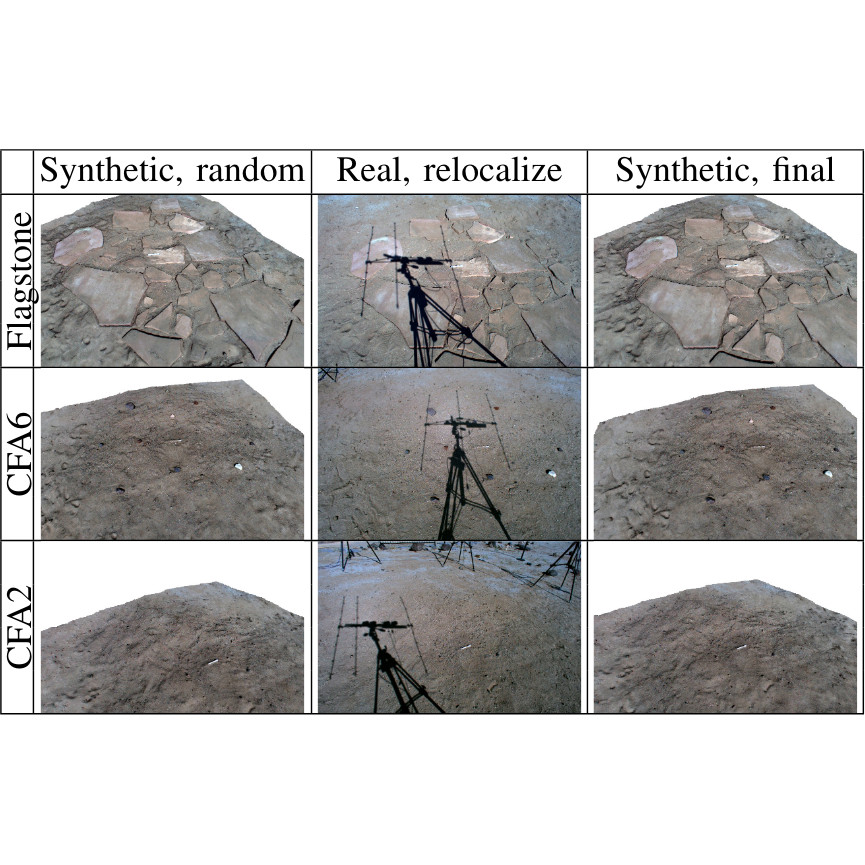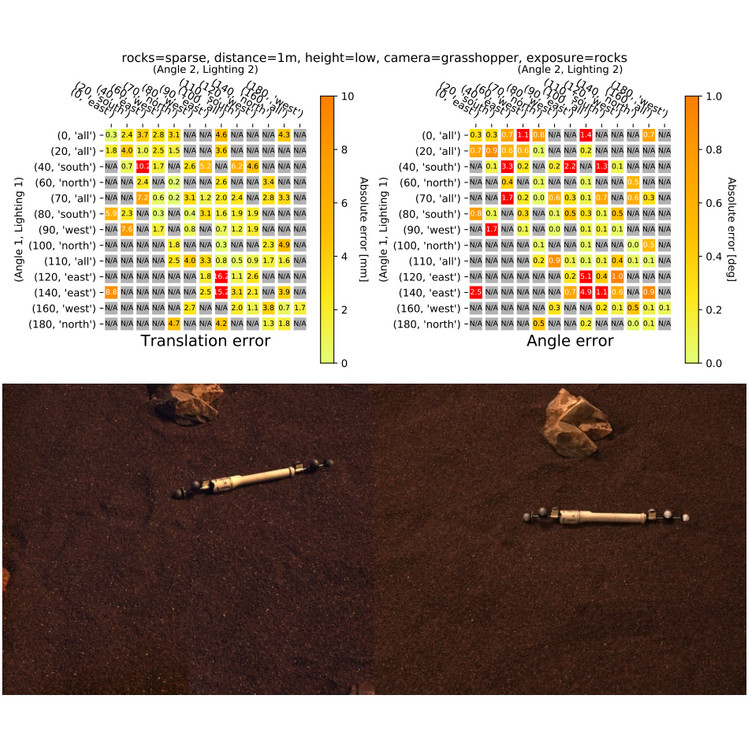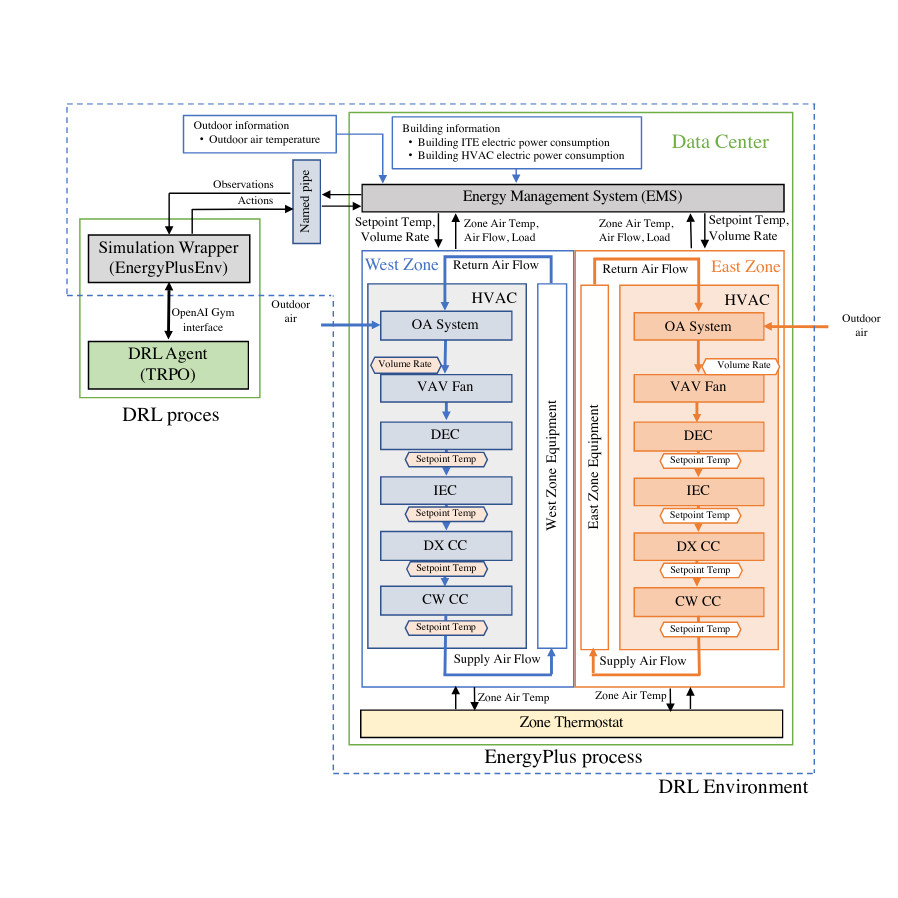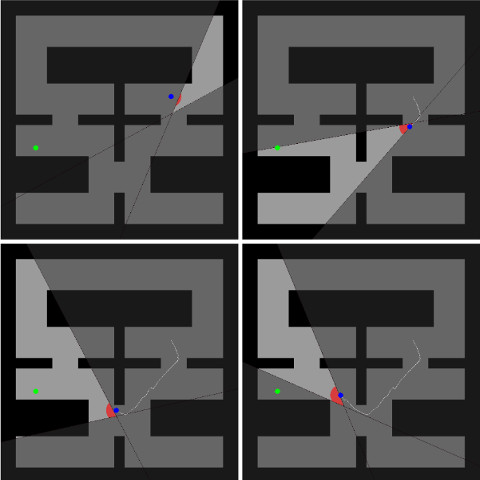We consider the problem of rover relocalization in the context of the notional Mars Sample Return campaign. In this campaign, a rover (R1) needs to be capable of autonomously navigating and localizing itself within an area of approximately 50×50m using reference images collected years earlier by another rover (R0). We...
[Read More]
Machine vision based sample-tube localization for Mars Sample Return
S. Daftry, B. Ridge, W. Seto, T.-H. Pham, P. Ilhardt, G. Maggiolino, M. Van der Merwe, A. Brinkman, J. Mayo, E. Kulczyski, R. Detry, IEEE Aerospace Conference, 2021
A potential Mars Sample Return (MSR) architecture is being jointly studied by NASA and ESA. As currently envisioned, the MSR campaign consists of a series of 3 missions: sample cache, fetch and return to Earth. In this paper, we focus on the fetch part of the MSR, and more specifically...
[Read More]
Rover localization for tube pickup: dataset, methods and validation for Mars Sample Return planning
T.-H. Pham, W. Seto, S. Daftry, A. Brinkman, J. Mayo, Y. Cheng, C. Padgett, E. Kulczycki, R. Detry, IEEE Aerospace Conference, 2020
The Mars 2020 rover mission is intended to collect samples which will be stored in metal tubes and left on the surface of Mars, for possible retrieval and return to Earth by a future mission. In the proposed Mars Sample Return (MSR) campaign concept, a follow-up mission would collect the...
[Read More]
Reinforcement learning testbed for power-consumption optimization
T. Moriyama, G. De Magistris, M. Tatsubori, T.-H. Pham, A. Munawar, R. Tachibana, Asian Simulation Conference, 2018
Common approaches to control a data-center cooling system rely on approximated system/environment models that are built upon the knowledge of mechanical cooling and electrical and thermal management. These models are difficult to design and often lead to suboptimal or unstable performance. In this paper, we show how deep reinforcement learning...
[Read More]
Constrained Exploration and Recovery from Experience Shaping
T.-H. Pham, G. De Magistris, D. J. Agravante, S. Chaudhury, A. Munawar, R. Tachibana, arXiv preprint arXiv:1809.08925, 2018
We consider the problem of reinforcement learning under safety requirements, in which an agent is trained to complete a given task, typically formalized as the maximization of a reward signal over time, while concurrently avoiding undesirable actions or states, associated to lower rewards, or penalties. The construction and balancing of...
[Read More]




